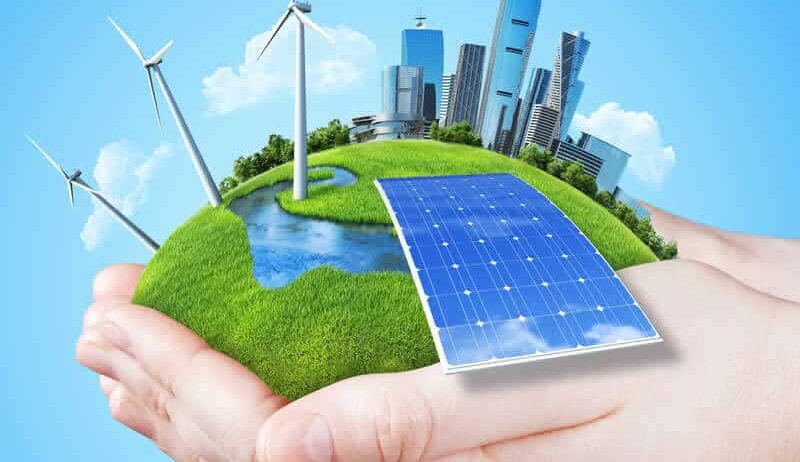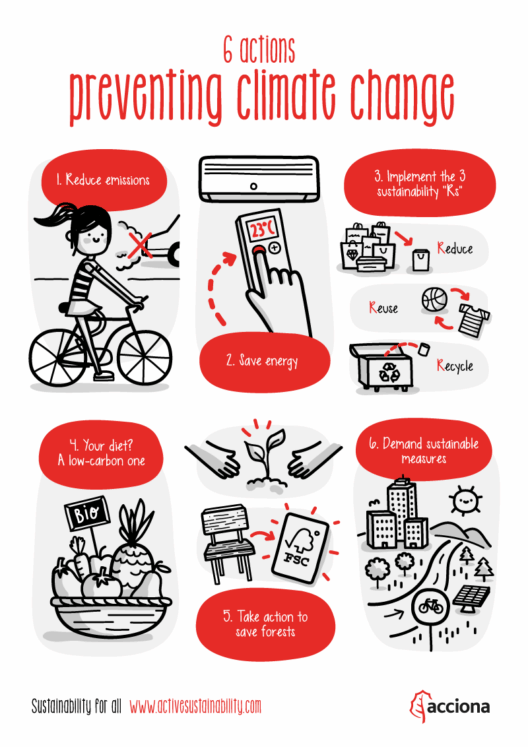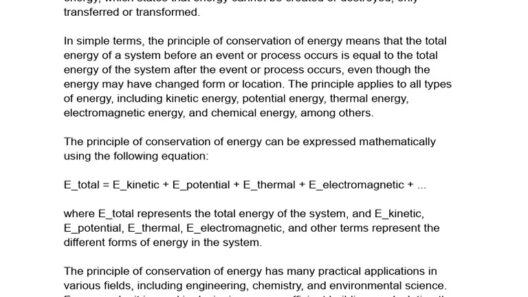In recent years, the conversation surrounding renewable energy sources has intensified, particularly focusing on solar energy. This surge in interest inevitably raises a crucial question: Are solar panels effective in energy conservation? To answer this query comprehensively, one must delve into how solar panels operate, their role in reducing energy consumption, and the broader implications for energy savings on both individual and societal levels.
Understanding the Functionality of Solar Panels
Solar panels, also known as photovoltaic (PV) cells, convert sunlight directly into electricity. This is achieved through the photovoltaic effect, where light photons excite electrons in the solar cells, resulting in an electric current. The efficiency with which solar panels convert sunlight into usable energy is contingent not only on the technology used but also on environmental factors such as light intensity and temperature. Moreover, innovations in solar technology have continually enhanced the efficiency of solar panels, with modern systems now achieving efficiency rates exceeding 20%, making them a substantial asset for energy conservation.
The Energy Savings Potential of Solar Panels
One of the most compelling benefits of solar panels is their capacity to significantly reduce energy costs. Homeowners harnessing solar energy can lower or even eliminate their electricity bills, depending on the system’s size and the available sunlight. When solar panels produce more electricity than the household consumes, the surplus energy can often be credited back to the utility grid, a system known as net metering. This not only benefits homeowners financially but also contributes to overall energy conservation by decreasing the demand on traditional fossil fuel power plants.
Furthermore, solar energy systems can provide energy independence. By generating electricity onsite, consumers become less reliant on the grid, which is primarily powered by non-renewable resources. This form of self-sufficiency shields households from fluctuating energy prices and bolsters stability against power outages, especially in regions vulnerable to extreme weather conditions. In this sense, the proactive adoption of solar technology fosters a sustainable lifestyle while simultaneously mitigating energy costs.
Solar Panels and Their Role in Environmental Conservation
Beyond economic incentives, solar panels play an integral role in promoting environmental sustainability. Traditional energy sources like coal, natural gas, and oil release substantial amounts of greenhouse gases, driving climate change and depleting natural resources. In stark contrast, solar energy generation is clean and emits no harmful pollutants during operation. By reducing the reliance on fossil fuels, solar power contributes to decreasing carbon emissions and combating global warming.
Moreover, the adoption of solar panels reduces the overall strain on our finite natural resources. Each kilowatt of solar power generated diminishes the demand for coal or gas, preserving these crucial energy sources for future generations. Additionally, many modern solar panel manufacturers adhere to sustainable practices, utilizing recyclable materials and minimizing waste in production, further enhancing their eco-friendly profile.
The Economic Rationale for Solar Panel Investment
From a financial perspective, investing in solar panels can yield a protracted return on investment (ROI) through reduced utility bills and potential government incentives. Various states and municipalities offer tax credits, rebates, and incentives that can offset the initial installation costs. Furthermore, many countries are transitioning towards green energy subsidies, making the shift to solar more accessible for homeowners. As the solar energy market matures, the costs associated with installation continue to decline, making this technology increasingly viable for a wider audience.
Environmental Concerns and Solar Panel Life Cycle
While the advantages of solar panels are significant, it is essential to address the potential environmental implications related to their production and disposal. The manufacturing process for solar panels does involve energy-intensive processes and the use of hazardous materials. However, advancements in recycling technologies and increased awareness have led to improved strategies for managing end-of-life solar panels and minimizing their ecological footprint.
Continued advancements in solar technology also mean that the environmental effects of production are continually being minimized. Manufacturers are innovating ways to produce solar panels that require fewer resources and less energy, ensuring that the entire life cycle—from production to disposal—is as efficient and environmentally friendly as possible.
Conclusion: Embracing Solar Panels for a Sustainable Future
The efficacy of solar panels in energy conservation is incontrovertible. They not only serve as a means to reduce energy costs for homeowners but also play a vital role in reinforcing environmental stewardship. By minimizing reliance on fossil fuels, conserving natural resources, and promoting cleaner air, solar energy represents a forward-thinking solution to some of the most pressing challenges we face today. As technology advances and the costs of installation decrease, the transition to solar power becomes not only a practical choice but an imperative for a sustainable future.






